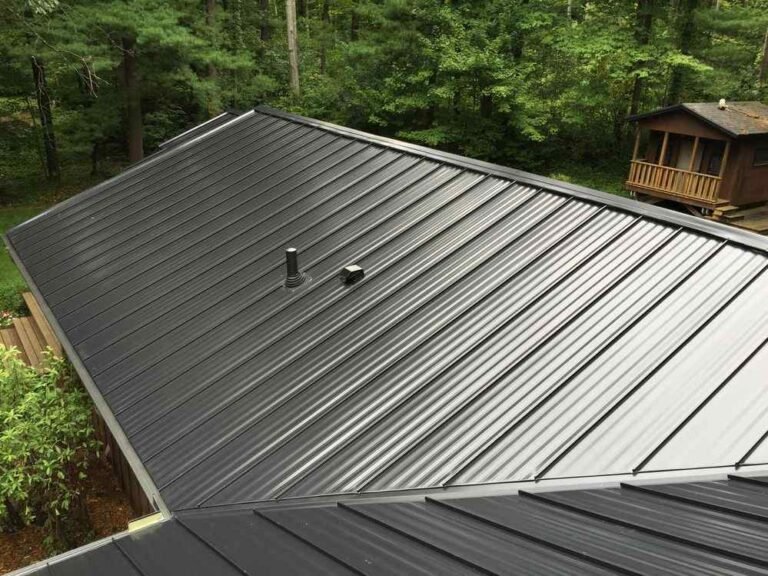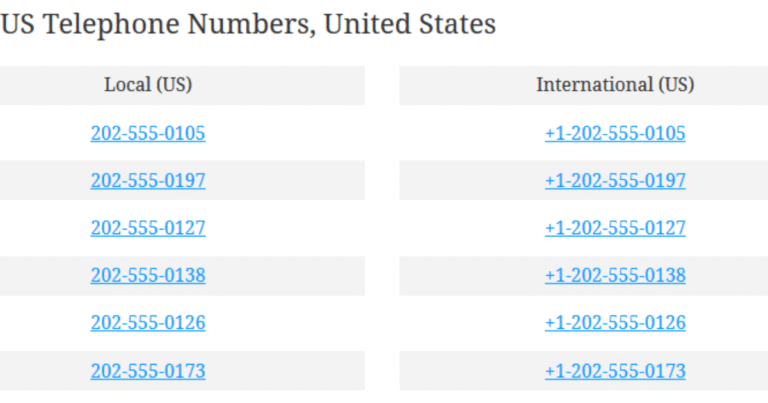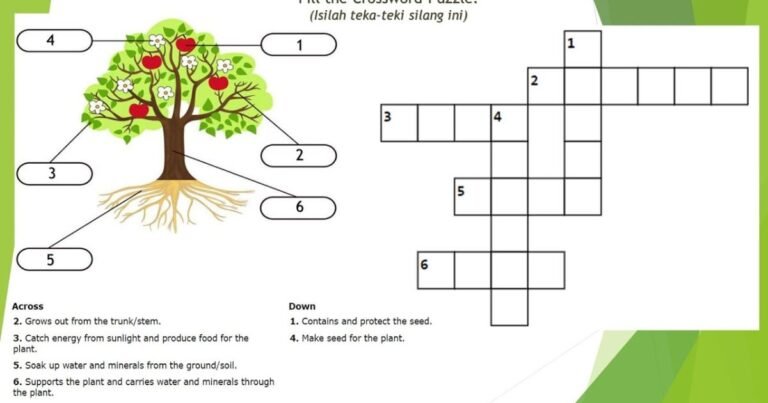
Recovery after COVID-19 takes time — don’t rush the process.
Recovery from COVID-19 is not just a physical process — it’s deeply psychological. People feel lost, anxious, fatigued. And that exhaustion isn’t just “tiredness.” It’s your body yelling that something’s not back to normal. If you’re wondering how long it truly takes to recuperate after COVID-19, you’re not alone — and you’re not overreacting either.
Let’s unpack this with real insight, not robotic bullshit. You’ve been through trauma. Your immune system went to war. Your brain is still adjusting. Here’s how to read your body and stop feeling guilty for needing more time.
How Long Does COVID Fatigue Really Last?
Fatigue can linger for weeks — even months. Most people start to feel “normal” within 2 to 6 weeks, but for others, symptoms like brain fog, shortness of breath, and low energy can continue for up to 3–6 months. If your body’s still dragging, it’s not a failure — it’s a signal. Long COVID is real, and the duration of COVID-19 recovery depends on age, pre existing conditions, stress levels, and how soon you rested post-infection.
Why Do Some People Heal Slower Than Others?
Let’s cut through the myths: it’s not just about “how sick you were.” If you rushed back to work, skipped meals, stayed mentally stressed — your body remembers. Psychological trauma, unresolved anxiety, poor immune support, and lack of proper nutrition all slow down post-COVID recovery.
If you feel like you’re behind everyone else, that’s not your weakness — it’s your nervous system protecting you. Respect it.
What Are the Psychological Effects of a Delayed Recovery?
Broad match keyword: emotional impact after COVID-19
You start doubting yourself. You fear you’re just being lazy. You hear others say they’re back to running marathons while you can’t climb the stairs. It hits your self-worth. Depression. Irritability. Panic. These are real. COVID didn’t just attack your lungs. It invaded your mental space.
Give yourself permission to heal emotionally, not just physically. A slow recovery isn’t a red flag — it’s a sign of deeper healing in progress.
What Can I Do to Support a Full Recovery?
- Rest. Not just sleep. Actual mental rest.
- Eat. Even if you don’t feel hungry — your body is rebuilding.
- Hydrate.
- Talk to someone. Therapy helps. You’re not being dramatic.
- Avoid comparing timelines.
Also, build a structured routine slowly. Don’t jump into full activity. Pace yourself.
For more community-focused mental and spiritual support post-COVID, check out One Parish. They’re doing grounded, real work with people struggling to reconnect after illness.
When Should You Talk to a Doctor?
If it’s been more than 4–6 weeks and:
- You’re still short of breath at rest.
- You can’t stay awake past noon.
- You’re emotionally unraveling.
Get evaluated. Ask about Long COVID clinics. You deserve better care — not a brush-off.
Real Talk: Recovery Is Not Linear
You’ll have good days. Then suddenly, a crash. That’s not failure — it’s part of it. Recovery, especially after something like COVID-19, doesn’t follow a straight timeline. It’s chaotic. It’s painful. But it’s happening — even when it feels like nothing’s improving.
People Also Ask
How long does fatigue last after COVID-19?
Fatigue may persist from 2 weeks to 6 months, especially in long COVID cases. It’s more than tiredness — it’s a sign of internal recovery.
Why do I still feel sick after COVID-19?
Your immune and nervous systems may still be healing. Psychological stress, anxiety, and post-viral inflammation also slow down recovery.
Is long COVID psychological or physical?
Both. Long COVID affects lungs, heart, and mind. Many patients experience PTSD-like symptoms. Healing requires full-body awareness.
How can I speed up recovery after COVID-19?
Rest more than you think you need. Hydrate, eat nutrient-rich food, address anxiety, and pace physical activity slowly. Speak to a doctor if needed.






